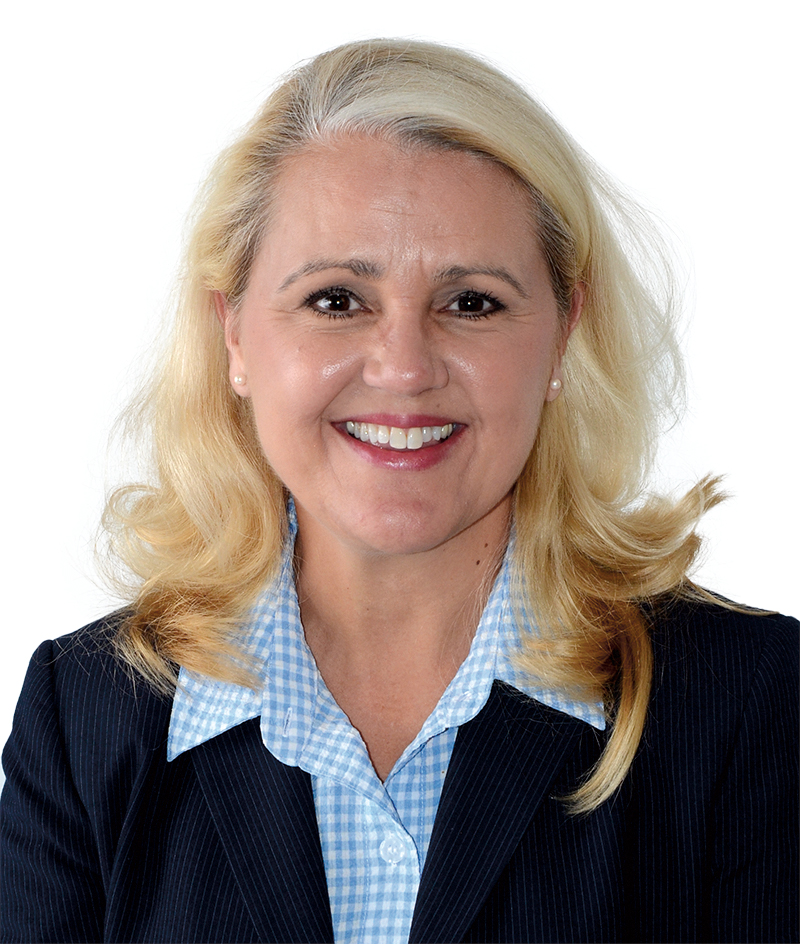Social media has absolutely changed our communication.
This year in May, Facebook reported it had 1.65 billion active users. Of those active among their digital friends, 50 minutes daily are devoted to online Facebook posting of opinions, recipes and comments related to a universe of "friends" and their digital content.
There are about 320 million active Twitter users who learn to read the 140-character messages and respond with abbreviations and emojis to fit the limits of space. Moving further away from text, Instagram has 400 million monthly active users posting photos with limited text. Snapchat, a mobile photo messaging app, uses impermanence as its draw - posted content disappears after 10 seconds.
As of 2016, we spent almost two full hours online daily (global internet usage is actually 118 minutes), up from 109 daily minutes in 2015.
In this environment where the written word is found in various content forms via different platforms, who reads books anymore? You know, the physically bound paper with leaved pages of the written word, often downloaded via Kindle, Google books or other formats?
A Sept. 1, 2016, Pew Research Center publication answers this question - and we should improve.
One in four adults has not read a single book in the last 12 months. One in three adult men has not read a book over the last year. So, instead of committed reading to consume theories, examine abstract thoughts and learn of history, philosophy and biography, a large population does nothing more than read blasts of information via electronic devices over brief segments of time.
Ponder a few things about America's devaluing of the written word for intellectual curiosity and cerebral health.
Our quick-in, quick-out reading has likely impacted our attention span and retention. In January, a New York Times article titled "The eight-second attention span" noted a Canadian analysis sponsored by Microsoft that compared attention spans of 2015 to those in the year 2000. It's not good news.
Defining attention span as "the amount of concentrated time on a task without becoming distracted," the comparison revealed a four-second decline. In 2000, those surveyed displayed a 12-second attention span versus those last year with just an eight-second span.
It's official, per these data, that humans now have an attention span shorter than goldfish.
As you look for improvements for your list of new year's resolutions, make reading content that exceeds more than 25 pages a priority.
The value of reading expands our hope for the future by chronicling the advancements of the past. Reading removes geographical, economical and other barriers that prevent one from experiencing a place, time, event or dream. Instead of just the here, the now and the immediate, reading broadens the time of our lives from the prehistoric ages through the eras to come.
In the childhood classic "I Can Read with My Eyes Shut!," Dr. Seuss simply declared, "The more you read, the more things you will know. The more you learn, the more places you go!" Similarly, Harvard Business Review in August 2012 likened reading with leading: " deep, broad reading habits are often a defining characteristic of our greatest leaders and can catalyze insight, innovation, empathy, and personal effectiveness."
President Theodore Roosevelt was one of the most rabid readers. Regularly reading a book before breakfast and one or two before bedtime, he quipped, "I am a part of everything that I have read."
Let's make 2017 the year we all read at least one book per month. Good stuff in, good stuff out!
Robin Smith, a former chairwoman of the Tennessee Republican Party, owns Rivers Edge Alliance.

